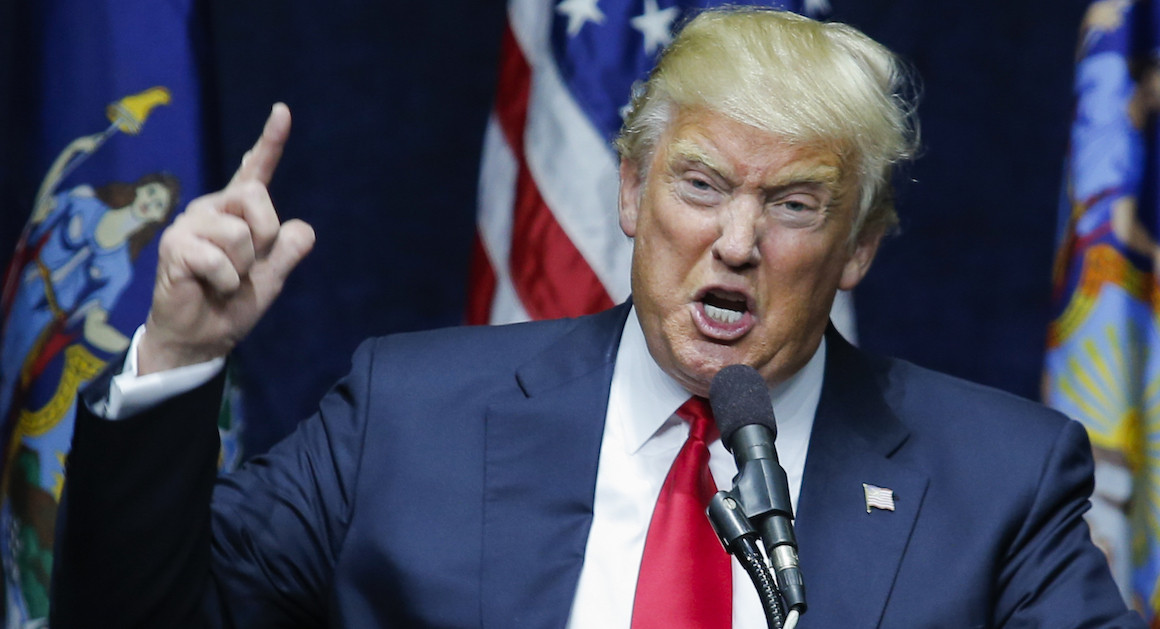“Trump wants Greenland”, “Trump threatens Panama”, “Trump praises Russians”, “Trump wants to merge Ukraine”, “Trump says he will support Ukraine” – many of these statements and news items over the past week, if taken literally, could significantly increase sales of sedatives for pharmaceutical companies and significantly increase the income of psychotherapists. Many Ukrainians sincerely believe every statement or tweet of the new owner of the White House and add to them their own speculations and interpretations of bloggers who often do not have any specialized education. .
Many Ukrainians are shocked and confused by a number of statements and initiatives by the new US President Donald Trump and are already talking about betrayal and “draining Ukraine.” However, it should be borne in mind that Trump is an experienced negotiator, and information noise in negotiations can be an effective strategy.
There are several reasons not to take all of Trump’s statements literally and not to consider them an inevitable betrayal.
First, Trump, as an experienced negotiator, can deliberately create information chaos so that not only enemies but even friends do not know what to think about Washington’s true intentions. Many of his recent statements have left Moscow and Beijing confused: what was that? why did he say that? what could his intentions be? what to expect next?
Second, it may be a way to signal to Russia and China that the new US president is unpredictable and one does not know what to expect from him. The old Ukrainian proverb “Beat your own to make others afraid” and its English equivalent “Beat the dog before the lion” may illustrate this policy. The calculation here may be to intimidate geopolitical rivals with the unpredictability of the new owner of the White House. Trump, on the other hand, wrote a book about the art of negotiating and creating a background for their success.
Third, there is nothing strange or new about Trump calling Putin a “friend” or praising some fictional “historical achievements of the Russians.” All negotiation manuals “for dummies” explicitly recommend flattering and praising the opponent with whom you are planning to negotiate. This will help set the counterpart up for constructive behavior. Dictators are very sensitive to flattery, and even more so a pale, insecure nobody like the Kremlin tyrant.
Hitler and Stalin also praised each other before the war. And Putin, before sending a farewell greeting to Prigozhin, invited him to visit him to consult on important Wagnerian operations in Africa.
Fourth, it would be extremely disadvantageous for Trump to abandon Ukraine and signal to the world that the United States is deceiving its allies. After such a step, nothing would deter other countries from building their own nuclear weapons and reorienting themselves toward other great powers, particularly China. And Trump is aware of these risks.
You can say different things, but the most important thing is to look closely at actions and deeds. And Trump has very few of them at the moment. Information noise, shocking statements, attacks on allies, pressure on friends, and flattery to enemies create a situation of complete misunderstanding in the Kremlin. They may even think that Trump will be on their side, and then he will say something again and everything will turn in a direction that is unexpected for the Kremlin. Ukrainians should not take everything an experienced negotiator says at face value.
However, this does not negate the need for self-reliance and cooperation with alternative allies in order not to be completely dependent on the will of others.


Leave a Reply